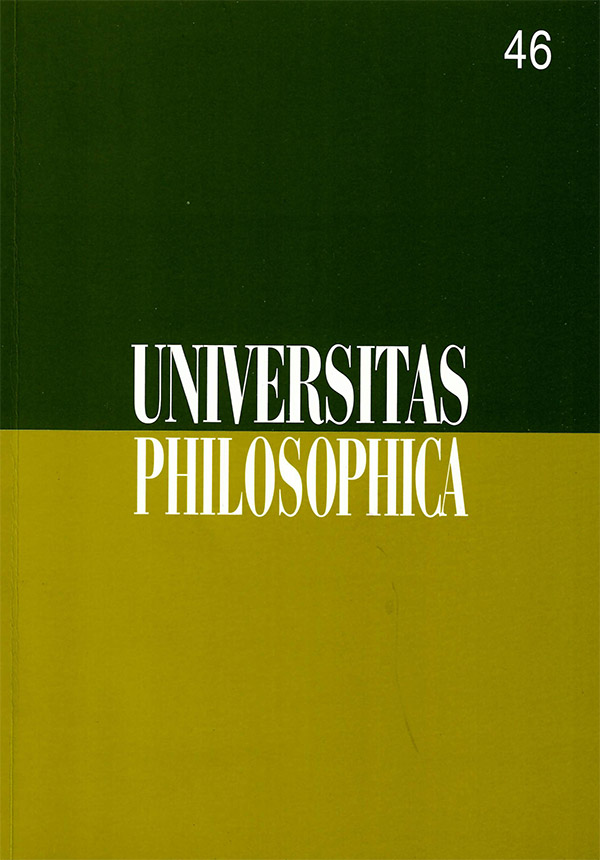Abstract
I argue that perception is characteristically non-conceptual and non-theoretically dependent while it is granted that observational reports are inferential in character and theory laden. Backing this viewpoint requires revising one of the most influential theses of the meta-scientific analysis of the nineteen sixties, the thesis that observation is theoretically loaded. On the other hand, if the contents of perceptions are non-conceptual we would be bound to accept, following Sellars, that these isolated and on their own do not provide justification for our beliefs – not even our beliefs of perception, which are made explicit by perception reports. Thus, we would have new reasons to reject fundationalist approaches. At any rate, it would not be necessary to advocate a purely coherentist approachThis journal is registered under a Creative Commons Attribution 4.0 International Public License. Thus, this work may be reproduced, distributed, and publicly shared in digital format, as long as the names of the authors and Pontificia Universidad Javeriana are acknowledged. Others are allowed to quote, adapt, transform, auto-archive, republish, and create based on this material, for any purpose (even commercial ones), provided the authorship is duly acknowledged, a link to the original work is provided, and it is specified if changes have been made. Pontificia Universidad Javeriana does not hold the rights of published works and the authors are solely responsible for the contents of their works; they keep the moral, intellectual, privacy, and publicity rights.
Approving the intervention of the work (review, copy-editing, translation, layout) and the following outreach, are granted through an use license and not through an assignment of rights. This means the journal and Pontificia Universidad Javeriana cannot be held responsible for any ethical malpractice by the authors. As a consequence of the protection granted by the use license, the journal is not required to publish recantations or modify information already published, unless the errata stems from the editorial management process. Publishing contents in this journal does not generate royalties for contributors.


